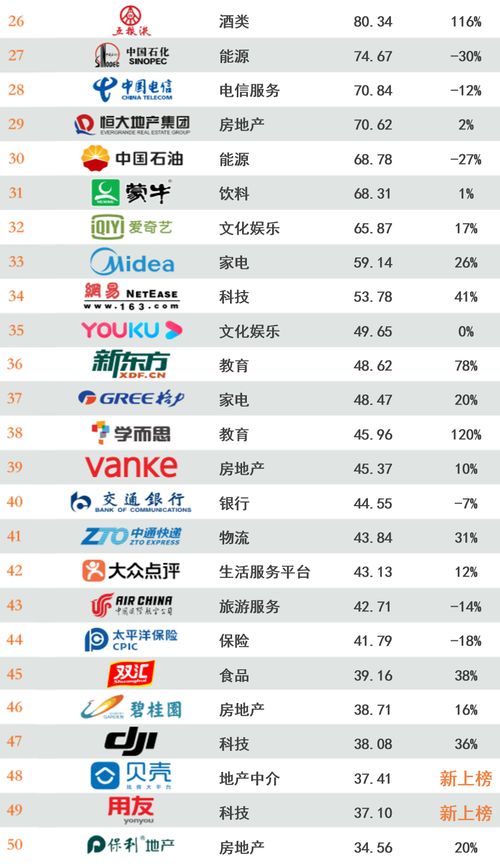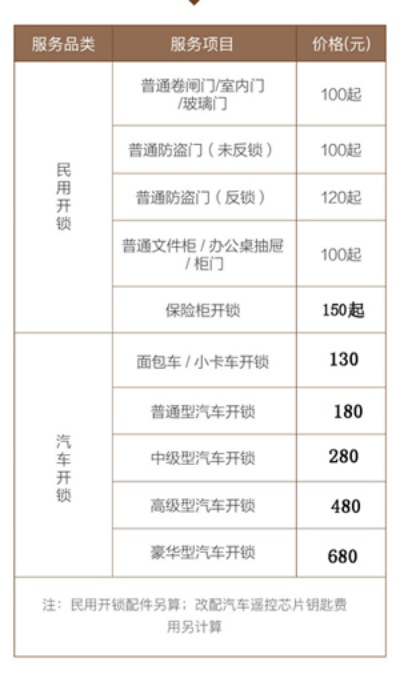<!DOCTYPE html>
<html lang="en">
<head>
<meta charset="UTF-8">
<meta name="viewport" content="width=device-width, initial-scale=1.0">
<title>Why Users Keep Bargaining</title>
</head>
<body>
<h1>Why Users Keep Bargaining</h1>
<h2>Introduction</h2>
<p>Throughout history, the act of bargaining has been a common practice in various forms. Whether it's at a local market, online shopping, or business transactions, users often engage in the negotiation of prices. But why do users keep bargaining? This article delves into the reasons behind this persistent behavior, exploring psychological, economic, and societal factors that contribute to the phenomenon.</p>
<h2>Psychological Factors</h2>
<p>One of the primary reasons users engage in bargaining is the psychological satisfaction derived from the act itself. Bargaining provides a sense of control and power over the situation, as it allows users to actively participate in the negotiation process. This psychological boost can be particularly satisfying for individuals who enjoy the challenge and thrill of haggling. Moreover, the sense of accomplishment that comes with securing a better deal can be a source of pride and joy.</p>
<p>Another psychological factor is the desire for fairness. Users often feel that they deserve a fair price for the products or services they are purchasing. When they believe they are being overcharged, the urge to negotiate becomes stronger. This drive for fairness is rooted in the human instinct to seek justice and equality.</p>
<h2>Economic Factors</h2>
<p>From an economic perspective, bargaining is a rational response to the uncertainty of prices. Users may not always know the true value of a product or service, and bargaining helps them to ascertain a more favorable price. This uncertainty is compounded by the diverse range of products and services available in the market, each with its own price range and perceived value.</p>
<p>Moreover, bargaining can be seen as a form of risk management. By negotiating the price, users can hedge against the possibility of paying more than the product is worth. This is particularly relevant in competitive markets where prices can fluctuate rapidly, and users are constantly on the lookout for the best deals.</p>
<h2>Societal Factors</h2>
<p>Societal norms and cultural practices also play a significant role in the prevalence of bargaining. In many cultures, negotiation is seen as a normal and expected part of the shopping experience. For example, in countries like India and Morocco, bargaining is deeply ingrained in the culture and is considered a way of showing respect for the seller and engaging in a fair transaction.</p>
<p>Furthermore, the presence of a competitive market can encourage bargaining. When multiple sellers are offering similar products, users have the leverage to negotiate prices, ensuring they get the best value for their money. This competition-driven bargaining is a testament to the power of the consumer in shaping market dynamics.</p>
<h2>Technological Influences</h2>
<p>With the advent of e-commerce, the landscape of bargaining has expanded. Online platforms like Amazon and eBay have introduced features that allow users to compare prices, read reviews, and even negotiate directly with sellers. This technological convenience has made it easier for users to seek better deals and has further fueled the bargaining culture.</p>
<p>However, the rise of subscription-based services and fixed-price models in e-commerce has somewhat mitigated the need for bargaining. Companies like Netflix and Spotify offer a standardized pricing structure, eliminating the need for negotiations. Yet, even in these scenarios, users often look for discounts and promotions, suggesting that the bargaining instinct remains strong.</p>
<h2>Conclusion</h2>
<p>In conclusion, the persistence of bargaining among users can be attributed to a combination of psychological, economic, and societal factors. The psychological satisfaction, economic rationality, and cultural norms all contribute to this behavior. As long as these factors continue to influence consumer behavior, it is likely that bargaining will remain a common practice in various forms. Understanding these reasons can help businesses and sellers adapt to this dynamic, ensuring a mutually beneficial relationship with their customers.</p>
</body>
</html>转载请注明来自五盾国贸,本文标题:《为什么用户不断议价,用户为什么购买你的产品 》
百度分享代码,如果开启HTTPS请参考李洋个人博客














 蜀ICP备2022005971号-1
蜀ICP备2022005971号-1
还没有评论,来说两句吧...